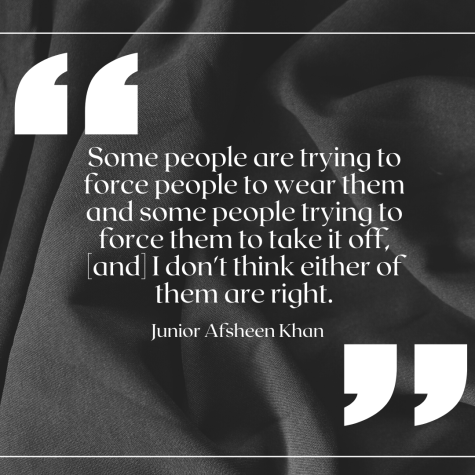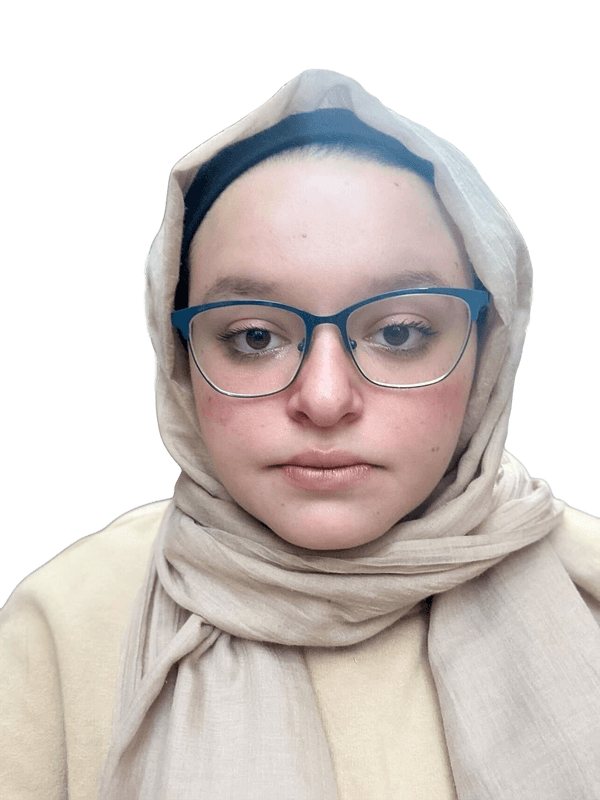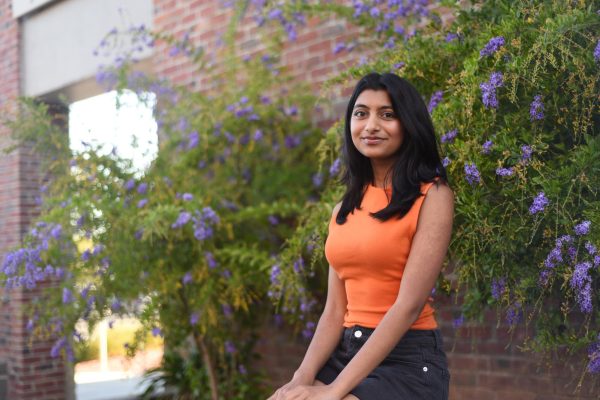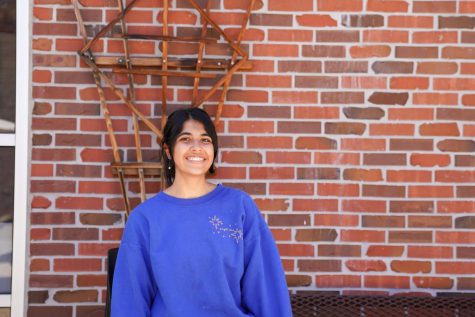It’s just a choice
Observing what the hijab means to MVHS’s Muslim community
Photo used courtesy of Haneen Moharram
Sophmore Haneen Moharram with her hijab
November 17, 2022
Religious head coverings are common in many religions, like turbans in Sikhism, kapps for the Amish and tichels in Judaism. In Islam, hijabs, which cover the neck and head are one of several headcoverings worn by women. Although hijabs are usually associated with modesty, they also symbolize a variety of things to Muslim women. Sophomore Haneen Moharram believes the hijab represents one’s relationship with God.
Seeing her sisters and mother wear hijabs for most of her life, Moharram felt inspired in eighth grade to begin wearing one as well to partake in the similar religious enlightenment.
“They made it seem so pretty and everything. It seemed to bring them closer to God and that’s kind of what I wanted,” Moharram said.
Having been regularly wearing a hijab for three years, Moharram says that while hijabs represent modesty to her, they also signify so much more — wearing a hijab makes her feel more connected to God. The connection is important to Moharram.
On the other hand, while sophomore Zainab Abbas considers herself religious, she says her extended family is more immersed in tradition and religion than her. Despite this, Abbas notes that no one in her family wears hijabs, so she did not grow up wearing one. She also does not see herself likely to wear one in the near future.
“Every person that wants to cover, they’re doing it for themselves,” Abbas said. “If they don’t feel comfortable showing [their hair] and they want to [cover up] for God, that’s completely up to them. For me, I feel comfortable letting [my hair] out and I don’t feel like there’s any need for me to cover it.”
While Abbas does not wear a hijab and dresses as she likes in California, where she lives, she chooses to wear modest clothing for protection when she visits her home country of Pakistan. She finds that most women in Pakistan also tend to cover up to be perceived as modest and to avoid attracting any harm. In particular, Abbas has noticed men in Pakistan tend to be threatening and wearing the hijab provides a comfort zone for her and other women by allowing them to go unnoticed.
Moharram, who was born in Egypt, says that she also chooses to wear one when she returns, and she is comforted by the familiarity of women wearing hijabs when she travels there to visit.
“This summer I actually went [to Egypt] for the first time after leaving [the country eight years ago],” Moharram said. “It felt really cool because everybody around me was wearing the hijab and it wasn’t really out of the norm [like it is in Cupertino].”
Abbas and Moharram both say wearing a hijab provides security in their respective motherlands. Apart from wearing the hijab outside the U.S., students such as junior Afsheen Khan and Moharram have noticed the differences in the way they are treated or perceived that come with wearing a hijab in the U.S.
Junior Afsheen Khan does not wear a hijab on a regular basis out of personal preference, although some of her family members do. However, according to Khan, she has experienced an explicit change in people’s perception of her when she does wear a hijab, stating that she has noticed that she is stared at more when she wears one.

Although she says the Bay Area is welcoming, Moharram agrees with Khan, stating that she feels she has been looked at differently when she goes to areas with smaller Muslim populations.
“I’ve been to a couple places when I’m traveling where [people] definitely give you weird looks,” Moharram said. “[When we stopped by] Nevada recently, it was very uncultured [and] there were real looks.”
Despite having encountered rather uncomfortable interactions while wearing the hijab, Moharram, Khan and Abbas agree that rather than being labeled as a symbol of oppression, wearing a hijab is and should be a choice for Muslim women.
“There’s definitely a lot [of] preconceived ideas that people have about women wearing hijabs,” Khan said. “Some people are trying to force people to wear them and some people trying to force them to take it off, [and] I don’t think either of them are right.”
Abbas recounts her mother and friends explaining how wearing a hijab regularly made them feel more comfortable and confident in themselves, while she values the experience of simple tasks like doing her hair in the morning, which is restricted when wearing the hijab. She states that every Muslim woman should have the autonomy to choose what they prefer.
“I think everyone should know, it’s not an easy choice either [to choose to wear a hijab],” Abbas said. “I know a girl [who wore] it for her religion, but she had to give up showing her hair and everything. It’s not something you can just do one day and take it off. You have to stay dedicated to it.”



















